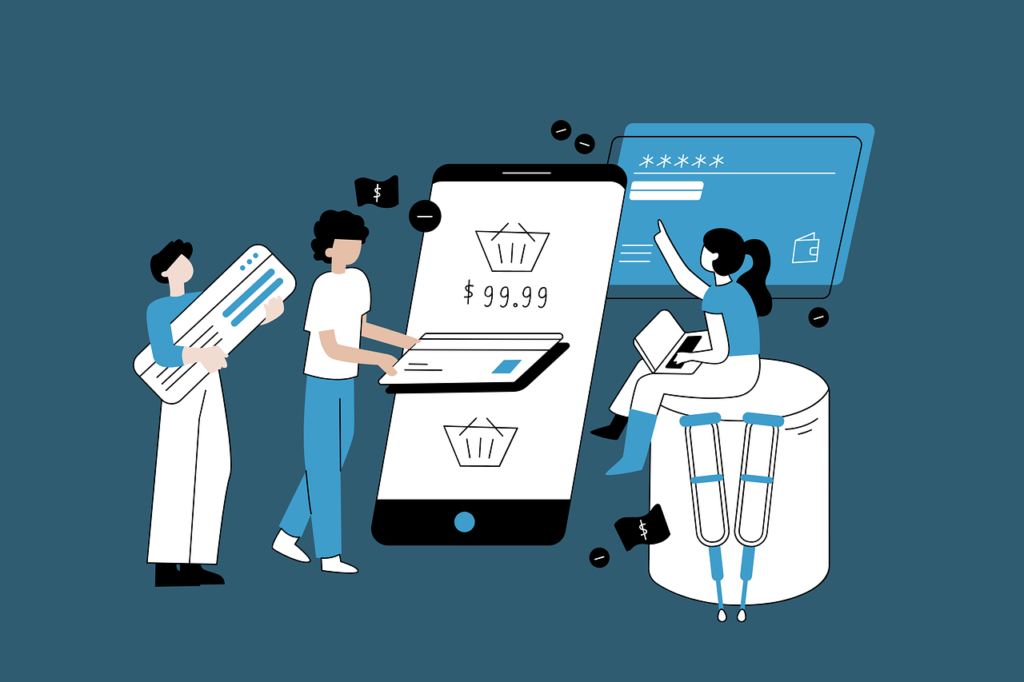
WooCommerce is free and open-source, highly adaptable, and has strong analytics. Shopify gets slow when you start installing add-ons and harms conversion rates; shoppers can’t edit their orders.
WooCommerce is WordPress’ native e-commerce plugin that transforms ordinary websites into retail platforms. As an open-source plugin, it’s available to download for free, and you have full control over your e-commerce site and its code. Thanks to its advanced extension functionality, it is dependable and versatile. The plugin has tens of free themes, including fashion, beauty, deli, furniture, mobile phones, watches, gardening, electronics, and other e-commerce stores in 2024.
Capabilities for integration
The tool is highly adaptable when it comes to linking any third-party tech platform with your online store. The integration with WordPress makes it possible to incorporate order fulfillment systems, a CRM system, tax calculation, third-party delivery companies, and other elements.
Strong analytics capabilities
WooCommerce’s inbuilt statistics provide helpful details about your e-commerce without any additional effort. You will receive information on customer shopping habits and behavior, monthly sales volume and totals, etc.
A wide variety of reliable web hosting providers
The number of WooCommerce web hosts you can choose from can be overwhelming. To narrow your selection down, look for a CDN, daily backups, and server-side caching. A CDN is a reliable site acceleration function that hosts static files, like JavaScript and CSS, on a third-party server. Your visitors can open your website quickly because it’s displayed from the server closest to them. The best web hosting for WooCommerce will have this feature.
CDNs are essential for ecommerce platforms because the speed affects SEO and conversion rates. Higher loading speeds can help increase the total traffic to your pages, too.
Disadvantages of Shopify for ecommerce
The main disadvantage of Shopify is that it becomes slow when you start installing add-ons. It slows down significantly when the number of add-ons exceeds 20.
Slow services convert worse
More than 80% of B2B pages load in up to five seconds. If a site loads in five seconds, its conversion rate is three times lower than a site that loads in one second.
This tendency isn’t limited to B2B. According to Cloudflare data, pages that load in 2.4 seconds display a conversion rate of 1.9%. The rate drops to 1.5% with load time of 3.3 seconds, below 1% at 4.2 seconds, and 0.6% at 5.7+. Companies like Walmart, Mobify, and COOK have done studies on conversion rates and load time with similar findings. Walmart found that conversion increases by 2% for every second in load time improvement.
Mobify found that conversion increases by 1.11% for each 100ms in improvement, and COOK achieved 7% conversion growth by bringing page load time down by 0.85 seconds.
Now, let’s see how these numbers translate to revenue. With a one-second improvement in load time, a corresponding 2% conversion increase, and $10 million in annual sales revenue, the revenue increase is $200,000 a year!
There are no Shopify Payments
Shopify charges a transaction fee for using an external payment gateway. You don’t pay this fee if the customer chooses to pay cash on delivery or bank transfer.
You can’t edit orders
It’s easiest to optimize conversion rates in the area closest to the transaction, which is the cart page. Attempting to optimize the homepage for conversion is a mistake because the customer doesn’t have to go through it to order. If they want to edit their order, Shopify doesn’t let them, and they might abandon their cart.
Slow service is another disadvantage. Google downgrades the e-commerce website and it acquires less organic traffic.
Final say
With its open-source nature, WooCommerce allows you to adapt your online store without the constraints any platform would impose. Its integration with the world’s leading CMS provides extensive plugin options and a lower total cost of ownership, allowing it to scale up with your business. WooCommerce is superior to Shopify if your focus is on control, conversion rates, adaptability, and cost-effectiveness.